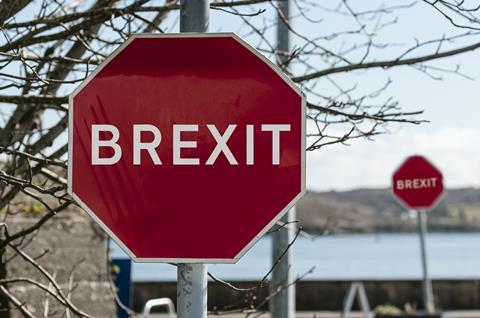
New Brexit border checks are costing small businesses more than 10 times what they are costing large companies.
The government’s new fixed fee on goods entering Britain via the port of Dover and the Eurotunnel “disproportionately” impacts SMEs moving small consignments of mixed goods, according to the International Meat Trade Association.
The Common User Charge, introduced in April this year as part of the government’s post-Brexit border strategy – the Border Target Operating Model (BTOM) – to help fund border control facilities, can reach up to £29 per commodity line and is capped at £145 per truckload.
Regardless of whether goods are selected by border authorities to undergo physical checks, companies using the Sevington BCP still have to pay the controversial charge.
But importers bringing in small volume consignments of varied goods face a cost-per-tonne bill that is 13 times more than those moving full truckloads of the same goods, the IMTA claims, at £85.29 per tonne versus £6.60 per tonne.
Equally, the Port Health Authority at the government-run facility in Sevington charges a minimum of £66 for loads of medium and high-risk goods from the EU, which can also work out at a more expensive per-tonne rate for those moving smaller loads.
This is usually the case with groupage consignments, a frequently used transportation method pre-Brexit by SMEs, in which hauliers combined smaller loads of different food and drink goods coming from the same country of origin in one consignment headed to the UK.
Experts have repeatedly warned the new charges will force SMEs on both sides of the Channel to cease trading.
The BTOM’s charges on EU imports ”will have an extremely detrimental effect on importers, particularly on SMEs moving small volume consignments”, the IMTA said.
These challenges were highlighted to Defra last week in a letter sent to new secretary Steve Reed, unveiling the scale of the chaos at the UK’s borders, and the costs of trading with the EU in the years since the Brexit vote.
The SPS Certification Working Group, which comprises some 30 organisations representing £100bn of the UK’s food supply chains, urged Reed to address a series of concerns around the BTOM.
Its implementation has been engulfed in scandals including reports of border delays, repeated IT failures, lack of proper physical checks and personnel shortages. These issues deterred EU businesses from exporting to Britain and jeopardised the country’s food safety, the group told Reed.
Similarly to the IMTA’s warnings, the group told Reed that BTOM costs “disproportionately burden SMEs who are paying the same amount for five commodity lines as a big importer with 50 commodity lines, so the amount smaller importers are paying per tonne is much higher than those importing bigger volumes”.
“This is the very real situation now for products that have been previously transported and imported over the last decade with no requirement for additional cost or paperwork,” the letter read.
“The goods have not doubled in their biosecurity risk to the UK. This will add significant cost to small volumes resulting in price/kg increases which will have to be passed onto retailers and end consumers, increasing food price inflation, and potential loss of the EU supplier owing to new bureaucracy and costs.”
There was also “no clarity on exactly when importers will be charged” or how much they will owe, the group claimed, with government guidance currently stating “the first invoices will be issued no sooner than 12 weeks after April 30th 2024”.
This means businesses “may be hit all of a sudden with a large bill”, industry representatives said, which in turn “hampers business preparation and cashflow management, and disincentivises trade to GB”.
“EU exporters have stated that on expiry of current supply contracts they will review whether to continue to supply GB given the new regime and associated issues”, the SPS group warned.
The UK food industry has also spent over £200m on export health certificates since Brexit controls came into force in January 2021, the letter revealed.
On Thursday, Defra reiterated its promise to British farmers and producers to seek a veterinary deal with the EU that would cut out the need for the costly paperwork.
The current border checks system also fails to take into account the limitations of small businesses in handling the increased controls at the border, the IMTA claimed.
“None of this accounts for the fact that businesses are having to put on extra staff and extend operating hours in order to have people available at the right time to upload the certificate or deal with any errors, including those caused by failures of government computer systems to function correctly, which we have already seen.
“Members have had vehicles sent to Sevington incorrectly due to confusion around orange colour coded driver messages, which adds to delays and costs. Smaller businesses are less able to provide this kind of out-of-hours coverage due to having smaller teams.”
The trade body added: “We need an urgent review of charges and support for those moving smaller consignments.”
A government spokesperson said: “Protecting UK biosecurity remains one of our key priorities, and we are working with Border Control Posts to ensure they operate effectively and with traders to ensure checks are completed efficiently, swiftly, and without significant delays.
”We’re looking to improve the UK’s trade and investment relationship with the EU and will take a pragmatic approach to support businesses.”







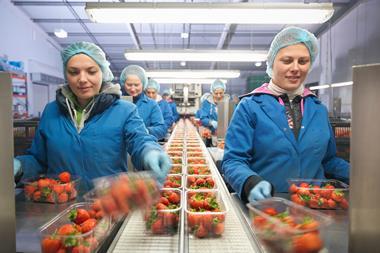
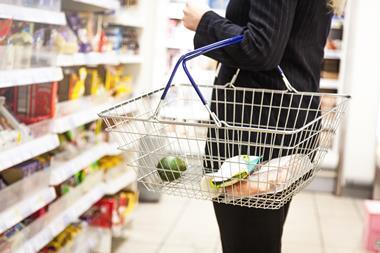
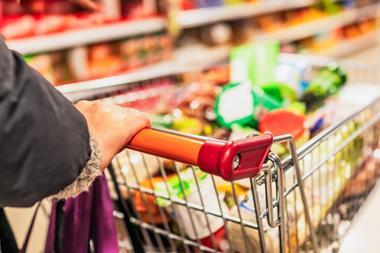


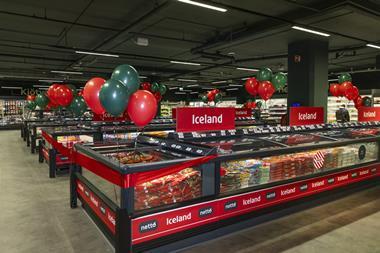






No comments yet